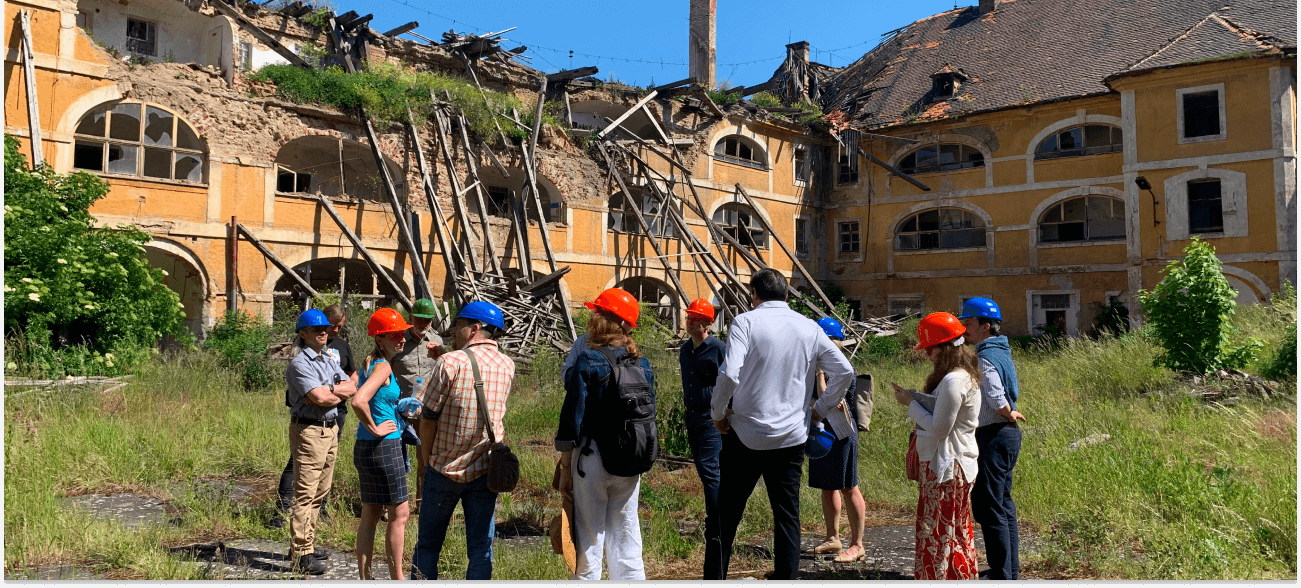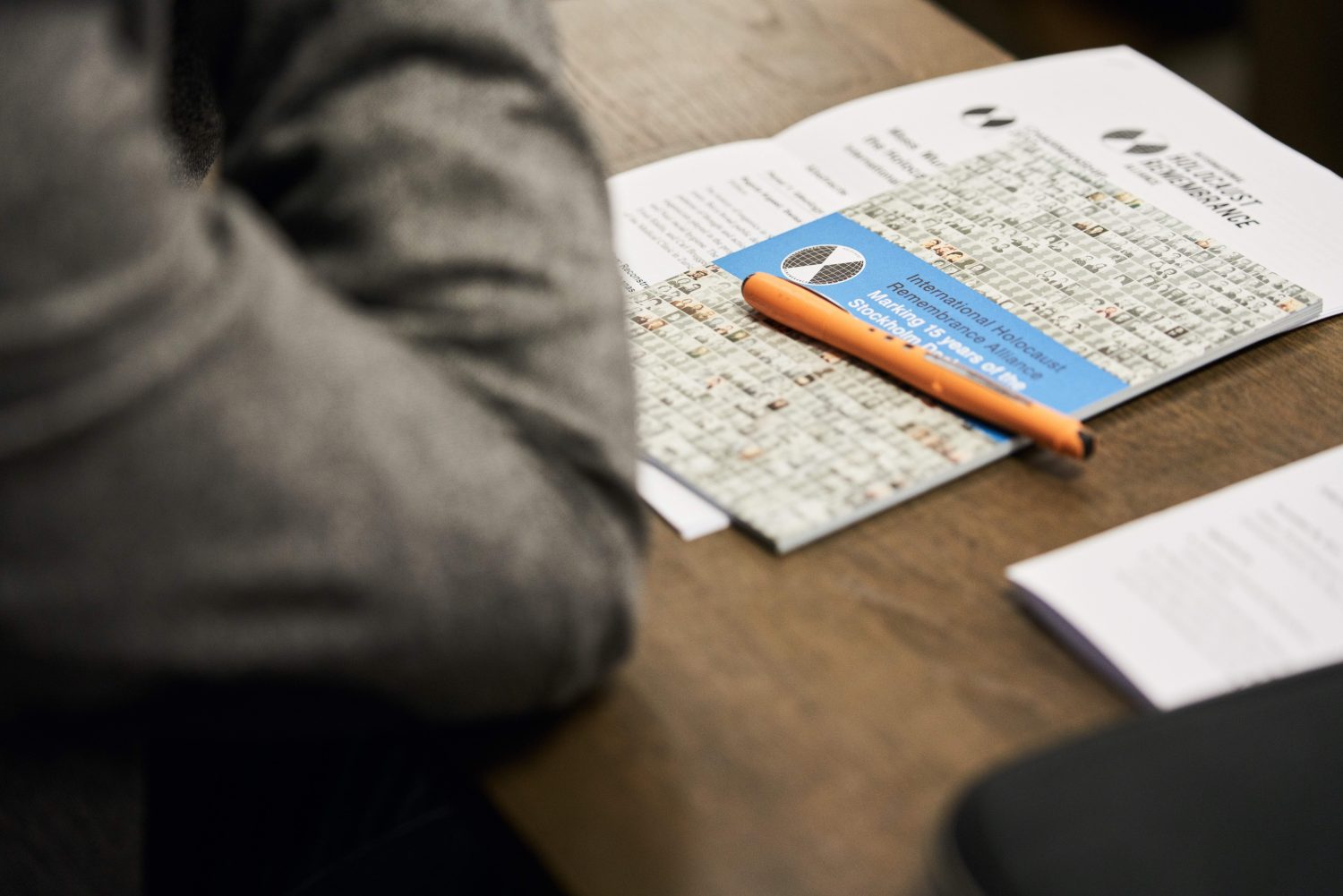


2020 IHRA Grant Projects
On this page
- 1. Fake Images: Antisemitism from stereotype to genocide
- 2. Developing basic training for teachers at teacher training colleges and universities in Austria, Bavaria and Switzerland in order to better equip teachers to confront Holocaust distortion and antisemitism by developing professional knowledge, motivational orientations and beliefs
- 3. Shoah Atrocities Mapping - Ukraine
- 4. Sites of Tension: Understanding and countering Holocaust memory and distortion in Europe
- 5. Countering Holocaust distortion on social media: Promoting the positive use of Internet social technologies for teaching and learning about the Holocaust
- 6. Identifying and Countering Holocaust Distortion: Lessons for Southeast Asia
- 7. Stutthof Maritime Evacuation Project
In order to strengthen the collective impact of its priority areas of “countering distortion” and “safeguarding the record” over the next five years, the IHRA has aligned its current grant strategy to specifically support projects that are aiming either to contribute to a more complete historical record of the Holocaust and the Genocide of the Roma, or seek effective and meaningful ways to prevent and counter Holocaust distortion.
Through its funding, the IHRA helps to fulfil the essential commitments made under the Stockholm Declaration and reaffirmed in the 2020 Ministerial Declaration to increase the capacities of governments and nongovernmental institutions to uphold and disseminate the comprehensive truth of the Holocaust and Genocide of the Roma as well as to ensure and facilitate access to the record of this truth.
Seven excellent projects were found to align this year with the IHRA’s strategy and Grant Program objectives.
1. Fake Images: Antisemitism from stereotype to genocide
Concerned by the increase in antisemitic incidents and the resurgence of extreme nationalism, the project raised awareness of the severe effects of antisemitic imagery and the urgency of undertaking countermeasures against these trends. Through the creation the exhibition #Fake Images, featuring photos, prints and objects from the Arthur Langerman Collection, the project presented the history of antisemitic thinking, hate speech and the ensuing violence in Europe and beyond. Supplementary seminars, and educational tools offered practical ways to recognize and deconstruct antisemitic discourse, imagery and hate speech. You can access the digital exhibition here.
Applicant: Kazerne Dossin, Belgium
Partner Countries: USA
Partnering Organizations: Media Education Lab
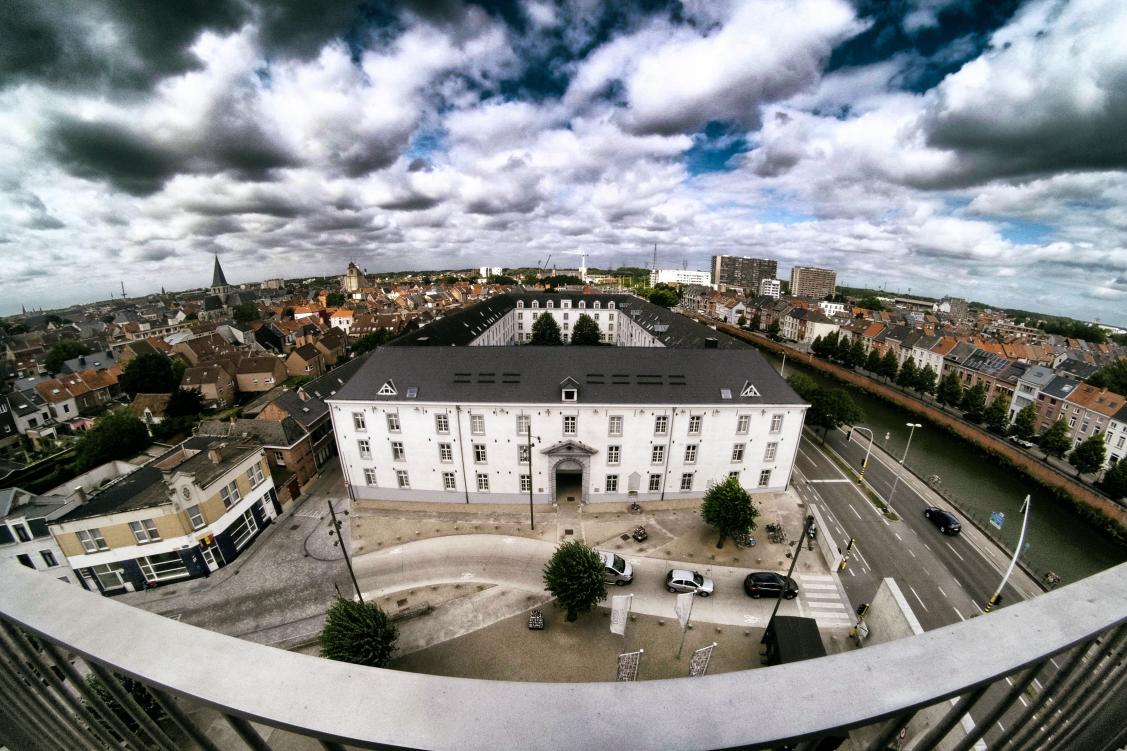
2. Developing basic training for teachers at teacher training colleges and universities in Austria, Bavaria and Switzerland in order to better equip teachers to confront Holocaust distortion and antisemitism by developing professional knowledge, motivational orientations and beliefs
Taking into consideration that schools are one of the most relevant places for addressing antisemitism and Holocaust distortion, the project explored the possibilities of preparing teachers with specific professional knowledge during their basic teacher training in order to successfully confront these issues within and around the classroom. The project identifed relevant representatives of teacher training institutions from the beneficiary countries to analyze the curricula and discuss possible changes and potential interventions. The results have been published digitally to ensure the widest possible dissemination of good practices. This is a significant contribution to advancing high-quality education about the Holocaust by a team that combines the necessary expertise and experience.
Applicant: _erinnern.at_ National Socialism and the Holocaust: Memory and Present, Austria
Partner Countries: Switzerland, Germany
Partnering Organizations: Lucerne Institute of History Education and Memory Cultures (Switzerland); Office of Bavarian State Government Commissioner for Jewish Life and against Antisemitism, for Work of Remembrance and Historical Heritage (Germany)
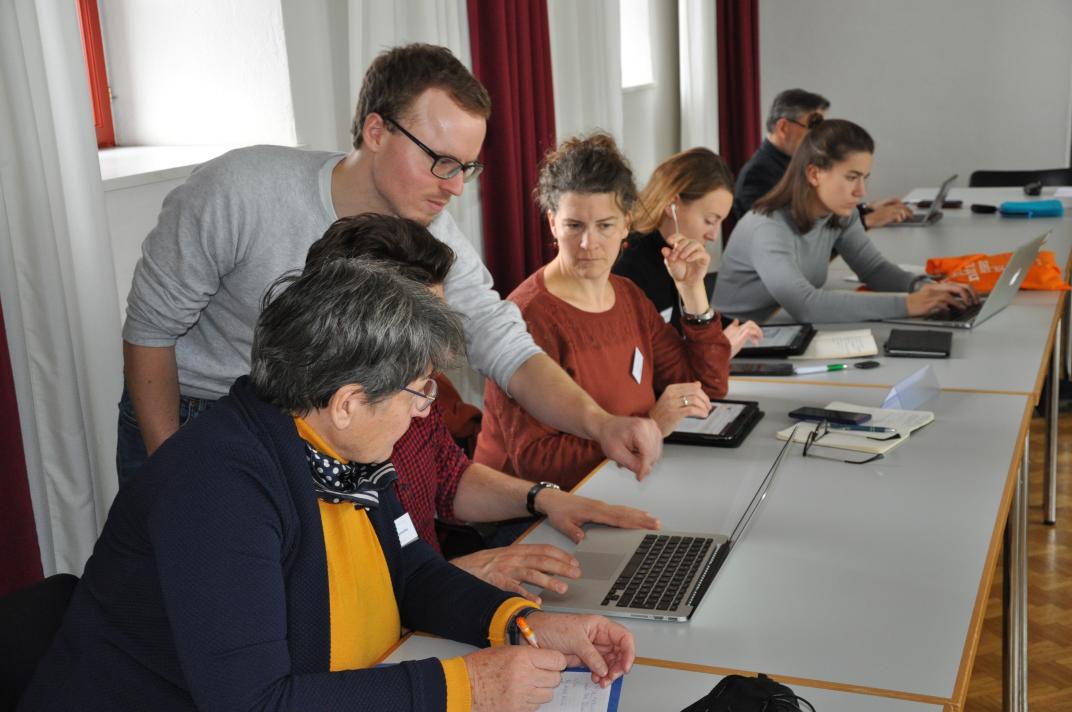
3. Shoah Atrocities Mapping - Ukraine
This project developed an interactive online map of Holocaust killing sites in Ukraine, which included sites identified through archival and on-site research. Highly relevant to the IHRA Grant Program on Safeguarding the Record, this project furthered record collection and education about the Holocaust in Ukraine, in order to enhance the understanding of the importance of remembering the Shoah. The project’s aim was to identify heretofore unknown killing sites in the targeted region. There was a particular focus placed on accessibility via the production of an online interactive tool and the development of valuable local partnerships. You can access the online map here.
Applicant: Tsal Kaplun Foundation, USA
Partner Country: Ukraine
Partnering Organizations: Izyaslav Region Administration (Ukraine); Ukrainian Center for Holocaust Studies (Ukraine)
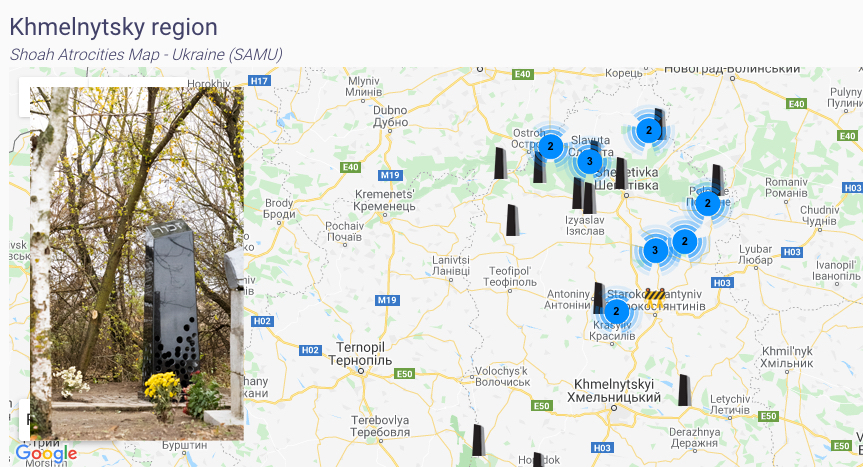
4. Sites of Tension: Understanding and countering Holocaust memory and distortion in Europe
The hypothesis of this study is that “[…] there exists in Europe a vicious circle of nationalism, de-legitimization of immigration, Holocaust distortion and antisemitism”. Through research in Germany, Hungary, Poland, Spain and the UK, the project team collected and compared data sourced from the political field, Holocaust education and (social) media coverages spanning the past 75 years, with a focus on Holocaust memory and antisemitic, anti-immigration and racist sociopolitical sentiments. The results have been translated into practical recommendations and disseminated through a digital and print publication and a conference. With a strong international focus, this project is addressing very urgent phenomena of Holocaust distortion and resurgence of antisemitism, racism and nationalism. You can access the full report here.
Applicant: Weiss-Livnat International Center for Holocaust Research and Education, Israel
Partner Countries: Poland
Partnering Organizations: Jagiellonian University (Poland)
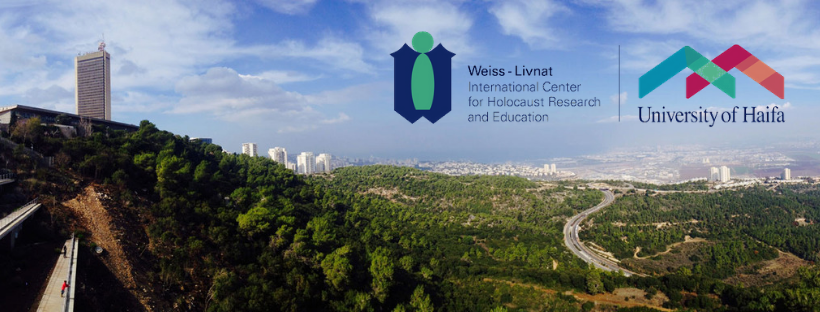
5. Countering Holocaust distortion on social media: Promoting the positive use of Internet social technologies for teaching and learning about the Holocaust
Social media needs to be explored in its dual nature: as a space in which Holocaust distortion is enacted and as a powerful engagement tool for Holocaust education. Involving the expertise of professionals from an international context of museum and memorials, media and educational policy through a series of surveys and workshops, this project will conduct research into how institutions utilize social media in the promotion of Holocaust remembrance. The project will identify and digitally publish best practice examples to improve museums’ and memorials’ strategies in the urgent challenge to counter the distortion of the Holocaust.
Applicant: Institute of Education Technology, National Research Council of Italy, Italy
Partner Country: Germany
Partnering Organizations: Department of Education and Psychology, University of Florence, Florence (FORLILPSI-UNIFI); Institute for Educational Consulting, University of Education of Weingarten, Weingarten (IFB-PHW)
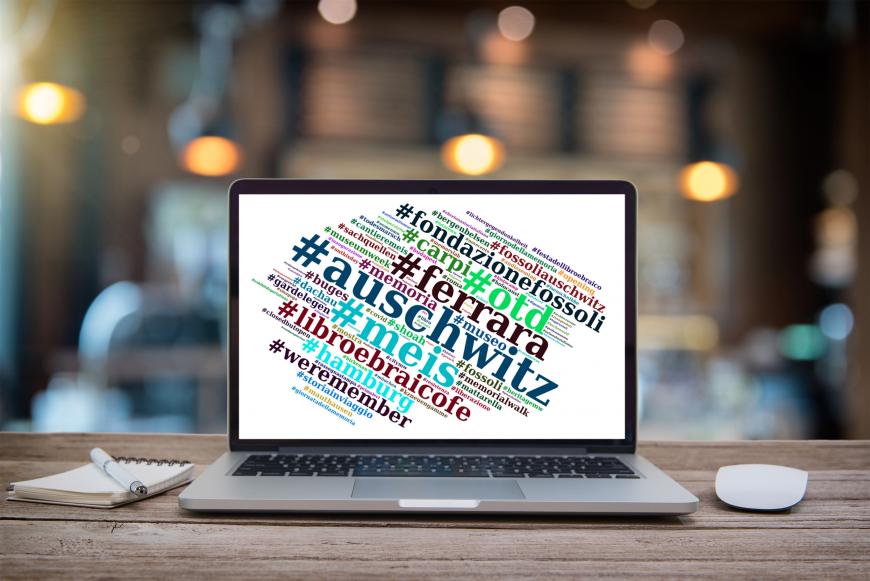
6. Identifying and Countering Holocaust Distortion: Lessons for Southeast Asia
Distortion in its various forms includes phenomena such as the normalization of Nazi imagery in popular culture and conspiracy theories scapegoating victims. This project draws on the regional experiences of the Second World War and further instances of genocide in Cambodia, Myanmar and Thailand to inspire critical memory discourses and develop capacities to counter Holocaust and genocide distortion. The NEVER AGAIN Association and their project partner will produce an educational traveling exhibition, lectures and workshops engaging professionals from a variety of target groups. The project’s activities and recommendations will be disseminated online. The Grant Review Committee commends this internationally recognized NGO for collaborating with a local partner to produce a timely intervention in the field of countering Holocaust distortion.
Applicant: NEVER AGAIN Association, Poland
Partner Country: Cambodia
Partnering Organizations: Heinrich-Böll-Stiftung Cambodia
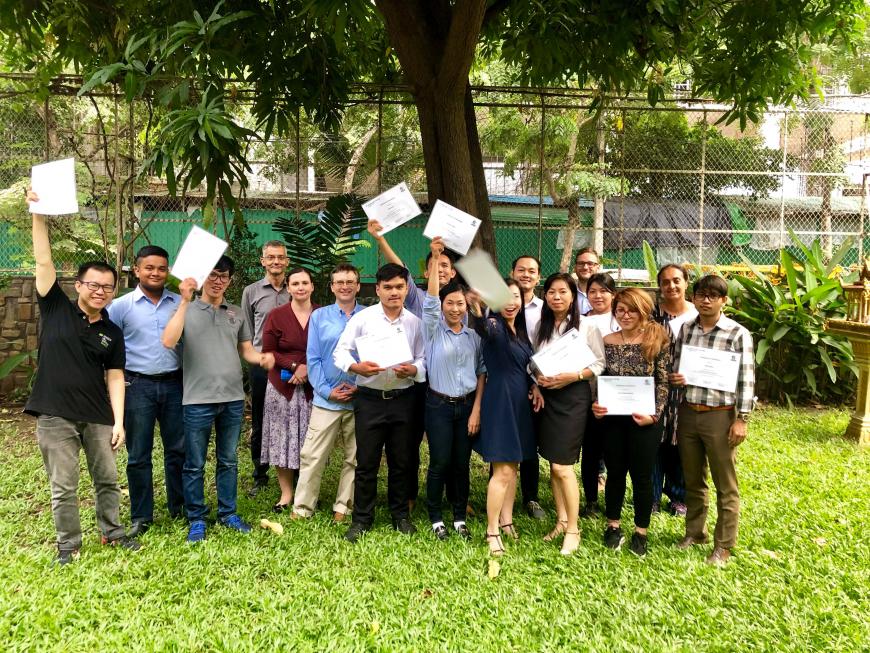
7. Stutthof Maritime Evacuation Project
From April to May 1945 prisoners of the Stutthof concentration camp were evacuated and transported over the Baltic Sea. The purpose of this project is to investigate and produce new certainties about these maritime transports. The University of Southern Denmark and their project partners will conduct international historical-archival research and produce a report on the findings, which will detail the process of the transports, key events, and produce new information on the scope of the loss of human life through these actions. This should enable the development of new suggestions for commemorative actions for the former Stutthof prisoners and their descendants. The publication will target professional audiences from the related field and seek to engage with youth education.
Applicant: University of Southern Denmark, Denmark
Partner Country: Germany
Partnering Organizations: The Foundation of Hamburg Memorials and Learning Centers Commemorating the Victims of Nazi Crimes (Neuengamme Memorial Museum (Germany); (Further partners to be announced).
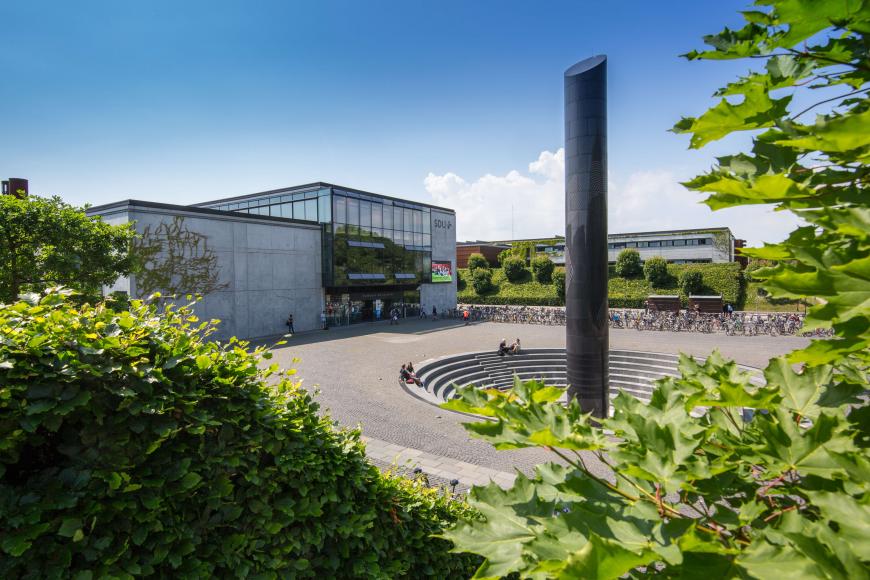
Sign up to our newsletter to
receive the latest updates
By signing up to the IHRA newsletter, you agree to our Privacy Policy


